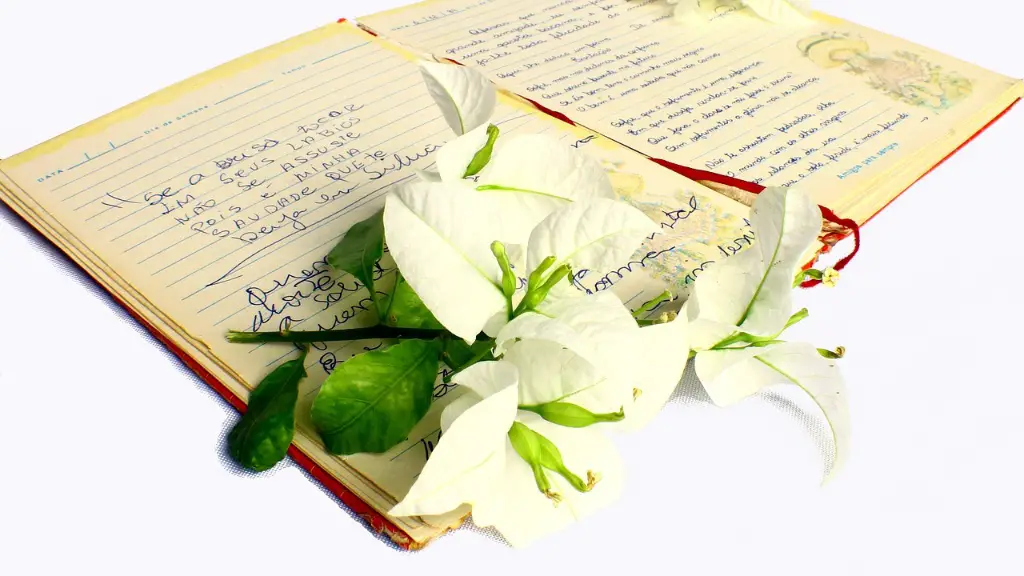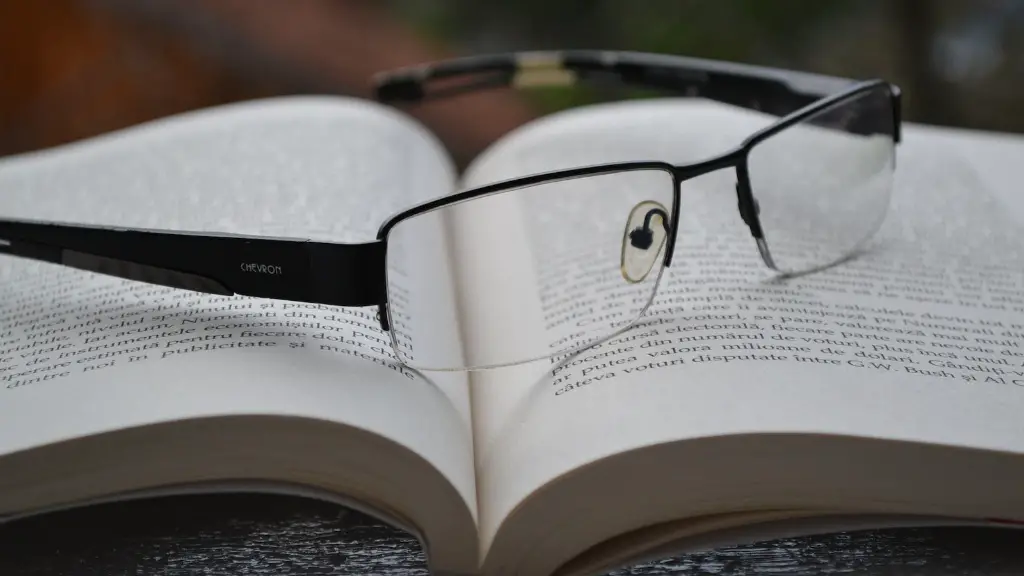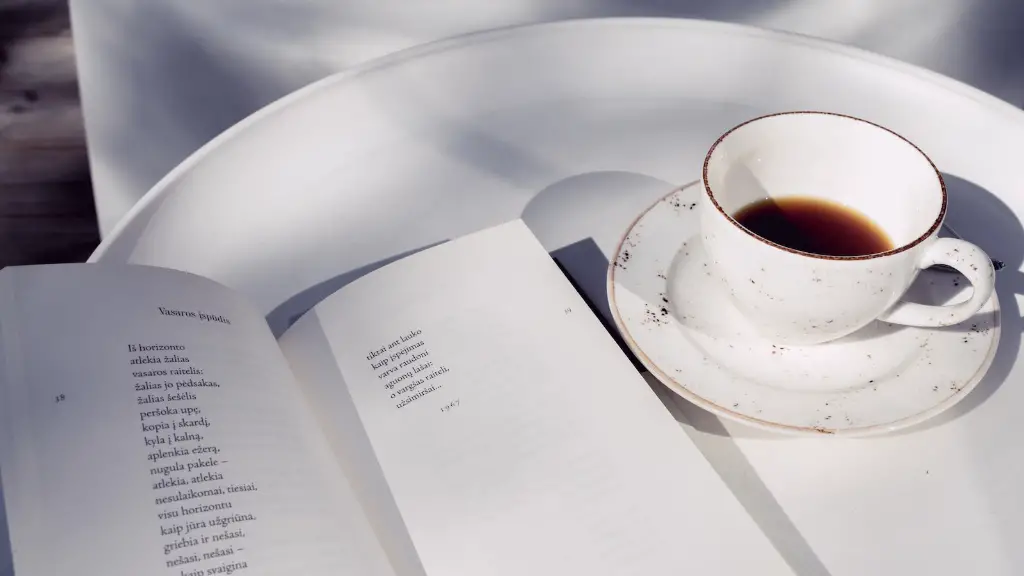What is Def Poetry?
Def Poetry, also known as Def Poetry Jam, is a spoken word poetry television series which aired on HBO from 2002 to 2007. Hosted by Mos Def, the show features a combination of established and up-and-coming spoken word poets. Episodes were constructed as performance poetry pieces, as well as conversations between poets which address essential topics, including contemporary issues such as homelessness, racism, and war.
In the early 2000s, spoken word poetry (also known as slam poetry or performance poetry) was becoming increasingly popular. A form of unscripted, high-energy performance poetry, slam poets often improvise and challenge their listeners to think critically about issues in their communities. According to San Diego State Professor of English Chad Nixon, spoken word poetry provides a forum for “sharing perspectives and communicating with each other about our shared experience.”
Def Poetry Jam gave poets a platform to share their work with a broader audience. As well as featuring established poets, the show provided an opportunity for newer poets to express their talents. The series was credited with inspiring a generation of Midwest and East Coast lyricists who “capitalized on their performance arts experience detailed in these episodes and parlayed it into their own radio hits.”
The format of the show was simple: poets performed their work in front of an audience, with Mos Def or another guest host introducing each act and introducing the topics they discuss. Poets discussed topics such as politics, identity, love, and injustice. Many of the performers were known for illustrating the beauty and struggles of African American life and identity. Through her performances, poet J. Ivy said she wanted to “uplift urban culture, show people what it is to be black, and to just be … get vulnerable and really express ourselves.”
During the five season run of the show, a total of 75 performance pieces were featured. These were interspersed with conversations and interviews between hosts, producers and members of the audience. The series was incredibly popular, winning an Emmy Award for Outstanding Variety Series in 2004. In an interview on NPR, Mos Def said that the show was intended to be “a bridge for people to have an opportunity to have a dialogue about things that may [otherwise] be very difficult to discuss.”
Def Poetry Versus Traditional Poetry
Def Poetry differed from traditional, written poetry in a few ways. Rather than conveying emotion in private and expressing thoughts to oneself, performers embraced a passionate and public style of shedding light on bleak issues. Performance poetry centered on communicating the emotions of the poet onstage, as opposed to crafting intricate images and concepts in a composed format.
Def Poetry also prioritized audience engagement. Slam poet Dan Korb explains that poetry becomes “empowered when you give it to someone else to interpret it”. Whereas written poetry can remote and personally crafted, Def Poetry was public and communal. While audience members may have come to watch established poets, participation was welcomed – whether through applause or joining in refrain. Through Def Poetry Jam, poets had the opportunity to establish a creative dialogue and “speak to their audiences through their performances.”
Unlike a written poem, a spoken word poem focuses on delivery. Writing coach Robertfay explains that a defining feature of a performance poem is its “active voice, use of sound and rhythm.” With both traditional and performance poets vying to instill within their audience a sense of emotion, it is the delivery which makes a performance poem stand out. As slam poet Regie Cabico explains, “You want to jump in and out of certain characters or voices, and so you have to modulate your voice.”
Influence of Def Poetry
Def Poetry Jam is often credited with popularizing slam poetry and inspiring an entire generation of lyricists. Illinois poet Phonetics believes Def Poetry Jam helped bring about “a sense of peace among poets” and led to an easier acceptance of slams by audiences. According to Phonetics, Def Poetry made it easier for “people to get on stage and talk about art and topics that would sometimes be difficult to talk about. [It] provided an environment that made people feel safe to come base their culture without worrying about being judged.”
The success of the show also made it easier for spoken word poetry to enter mainstream popular culture. In 2004, Mos Def’s release of “Def poetry Jam: Mos Def” became the first spoken word album to receive mainstream radio airplay. Two years later, Common released Thisisme Then: The Best of Common, an album of spoken word pieces. Today, the influence of Def Poetry Jam can be seen everywhere from YouTube to streaming platforms such as Netflix’s popular series “Showtime at the Apollo.”
Oral Tradition and Def Poetry
The concept of spoken word darkies back to the oral tradition of storytelling. From tales of gods and creation myths to griots (West African storytellers) retelling the history of the conquerors, oral tradition is the oldest form of communication. This tradition celebrates the unity and power of community, of shared experiences and of a collective voice.
This tradition has been adopted and translated into spoken word poetry. While written poetry focuses on craft and composition, performance poetry centers on the oral tradition and ritual of storytelling — of sharing experiences, locating power in collective identity, and celebrating the human voice. J. Ivy often speaks about the importance of “storytelling in rap” and the “helpful role socially conscious music can have.” These beliefs are inspired by Black storytelling and Griot traditions.
Def Poetry Jam is rooted in this tradition and seeks to capture community stories in a powerful and accessible way. As Mos Def says in his final episode, “Everyone has a story. Your fault can find healing in the telling. So tell your story, whatever it may be. Someone, somewhere needs to hear it.” The episode and ultimately the series, ended with a powerful poem by J. Ivy, titled “Honor Now Thyself”.
Power of Performance Poetry
Performance poetry provides a powerful way of expressing a community’s struggles and provides an opportunity to share beautiful stories. In their performances, poets share both their personal stories and the stories of their communities, focusing on topics such as racism and inequality. Ivy explains, “We can talk about oppression, we can talk about our joys, but more importantly we can talk about our dreams, our aspirations, our goals, and about how we can help each other. That’s what I believe I am doing with my poetry.”
Through Def Poetry Jam and other similar platforms, spoken word poetry has become a popular way to engage people in conversations about important topics. According to Mos Def, the show is “a glimpse of the future of the way people dialogue, and the way people exchange information.”
Conclusion
Def Poetry Jam was an important platform for performance poets to share their stories and inspire thoughtful conversations about social issues. The show acknowledged the power of spoken word poetry and celebrated its ability to share community stories. The influence of Def Poetry Jam can still be felt today, with its influence reflected in popular culture, on streaming platforms and especially in the hearts of those who experienced the show first-hand.




